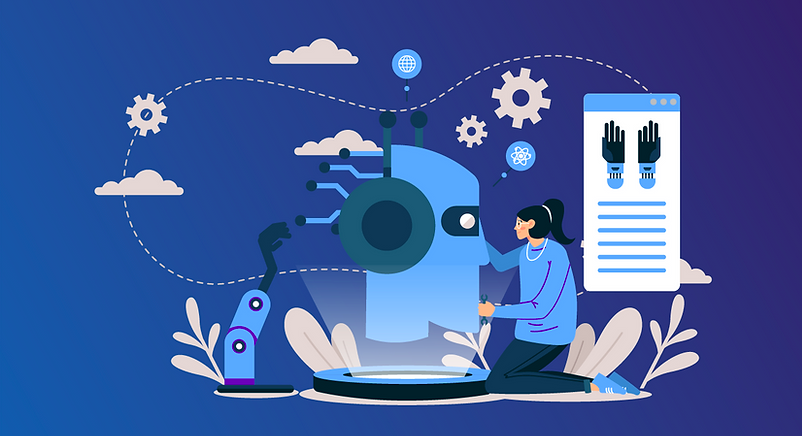In the fast-paced world of healthcare, hospital billing stands as a critical yet complex task. The intricacies involved in billing processes can significantly impact both the financial health of medical facilities and the satisfaction of patients. Efficient billing is therefore paramount, ensuring that hospitals can focus on their primary mission: delivering high-quality patient care. Streamlining hospital billing systems is not just about reducing administrative burdens; it also involves minimizing errors and enhancing operational efficiency.
The Importance of Efficient Hospital Billing Systems
Effective hospital billing is essential for maintaining the financial stability of healthcare institutions. With the ever-growing demand for healthcare services and the complexity associated with various payer systems, hospitals face tremendous pressure to process claims promptly and accurately. An efficient billing system ensures that hospitals are reimbursed for their services without delay, which is crucial for sustaining operations and investing in patient care improvements.
Financial efficiency is not the only advantage of streamlined billing. Accurate and timely billing reduces the risk of disputes with patients and insurance companies, thereby enhancing patient satisfaction and trust. Patients often find themselves in a labyrinth of charges and insurance claims, where clarity and accuracy of billing statements can significantly reduce confusion and stress.
Streamlining hospital billing processes can significantly reduce administrative burdens and minimize errors, allowing healthcare providers to focus on what matters most – patient care. However, as hospitals adopt more efficient billing systems, they must also prioritize medical device cybersecurity to protect sensitive patient data and prevent potential breaches. By integrating robust security measures into their billing infrastructure, hospitals can ensure compliance with regulatory requirements, reduce financial losses, and maintain the trust of their patients.
Common Challenges in Hospital Billing
Despite its importance, hospital billing is fraught with challenges. The primary issue is the complexity of the billing process itself. With a multitude of codes, regulations, and payer-specific requirements, billing departments must navigate a complex landscape that is prone to errors. These errors can lead to claim denials, delayed payments, and increased administrative costs.
Moreover, the constant evolution of regulations and payer policies demands that billing staff remain continually updated, a task that can be both time-consuming and costly. This complexity often results in inefficiencies that can bog down the entire billing process.
The Role of Technology and Automation
Technology and automation present transformative opportunities for streamlining hospital billing. By leveraging advanced software solutions, hospitals can automate repetitive and time-consuming tasks, such as data entry and claim submissions. Automation reduces the likelihood of human error, ensuring greater accuracy in billing processes.
Furthermore, technology can facilitate real-time data exchange between hospitals and payers, enabling quicker resolution of discrepancies and minimizing delays in payments. Software solutions can also assist in keeping billing staff informed about the latest compliance requirements, ensuring that claims adhere to current regulations and reducing the risk of denials.
Artificial Intelligence (AI) and machine learning are emerging as powerful tools in the billing domain. These technologies can analyze large volumes of billing data to identify patterns and predict potential issues before they arise. This proactive approach allows hospitals to address problems preemptively, thus enhancing the efficiency of their billing systems.
The Benefits of Streamlining Hospital Billing
Streamlining hospital billing through technology and automation offers multiple benefits. Primarily, it results in faster claim processing and reduced payment cycles, which strengthens the financial position of healthcare institutions. Quick and accurate billing also leads to improved patient satisfaction, as patients receive clear and understandable billing statements without undue delays.
Additionally, streamlined billing reduces administrative burdens on hospital staff, allowing them to focus on core healthcare functions instead of tedious billing tasks. This increased efficiency can lead to cost savings, which can be redirected towards improving patient care and expanding healthcare services.
Medical billing companies often play a crucial role in assisting hospitals to achieve these efficiencies. By outsourcing billing processes to specialized firms, hospitals can leverage the expertise and advanced technologies employed by these companies. This collaboration allows healthcare institutions to benefit from enhanced billing accuracy and reduced operational costs.
Conclusion
In conclusion, streamlining hospital billing is an essential endeavor for healthcare institutions aiming to optimize their financial and operational efficiency. By addressing common billing challenges with technology and automation, hospitals can significantly reduce errors, save time, and improve overall patient satisfaction. As the healthcare landscape continues to evolve, adopting efficient billing practices will be imperative for hospitals to remain competitive and focused on their primary mission of delivering exceptional patient care.









